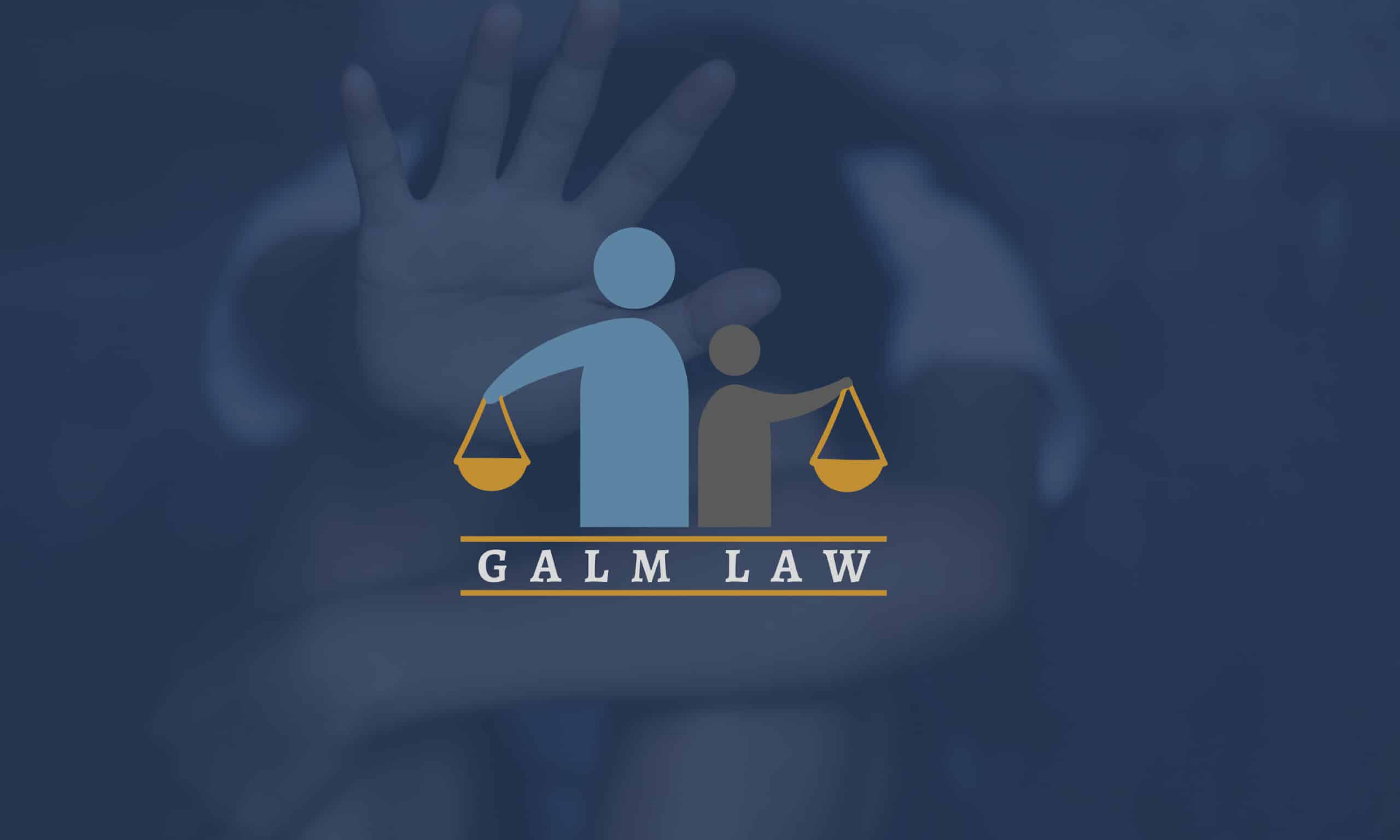Portlanders, and Oregonians in general, love their bikes. We reside in one of the most bike-friendly states, allowing us to ride to work, ride to the grocery store, and ride local trails for adventure and beauty. We finally joined the 60+ other major U.S. cities with bike share programs in July, when Biketown (sponsored by Nike) was launched.
Biketown in Portland gives residents of the city access to 1,000 smart bikes equipped with the latest technology to make reserving and parking a bike easy and convenient. Users can purchase yearly, daily, or one-time use passes, allowing them to customize their usage of the system. In fact, users can use their phones or computers to reserve bikes ahead of time, ensuring they always find a bike waiting for them at one of 100 bike racks stationed throughout the city.
The program has been hailed as a great mode of transportation that will open the city up to lower-income residents without cars; it’s also being touted as another step toward lowering Portland’s carbon footprint. This sounds great on the surface, but when we reviewed the user agreement we found some areas of concern. Read on to learn about the Biketown contract and what the fine print means for riders.
The user agreement, which most people readily accept without carefully reading, states,
You agree that any dispute or claim relating in any way to your use of the services will be resolved by binding arbitration, rather than in court.
This waives the rider’s right to participate in a Biketown class action lawsuit. This is highly concerning from a legal standpoint, because it’s very rare for a contractor receiving city money to include an arbitration clause in their terms and agreements.
Furthermore, the Biketown bike share program is a public transportation option similar to TriMet. It’s unusual to have to waive your constitutional right to sue a defendant when using public services. From a logistical standpoint, the user agreement means that riders have no recourse if the smart bikes fail or malfunction, leading to an accident that results in injury or property damage.
On the upside, however, there is an out from Nike Biketown’s arbitration clause. Users have 30 days from first using the program to opt out by sending written notice to the bike share’s operator, New York-based Motivate, at legal@motivateco.com, with “ARBITRATION AND CLASS ACTION WAIVER OPT-OUT” in the subject line.
If you have questions about your legal rights or would like to discuss a bicycle accident you were involved in, contact Portland personal injury attorney Paul Galm today for a free consultation.

